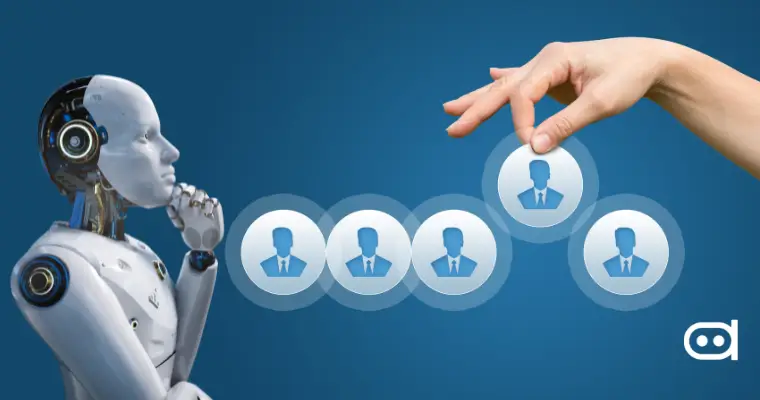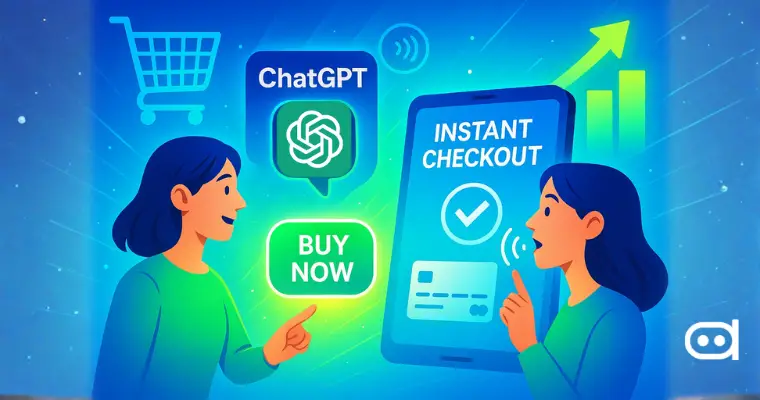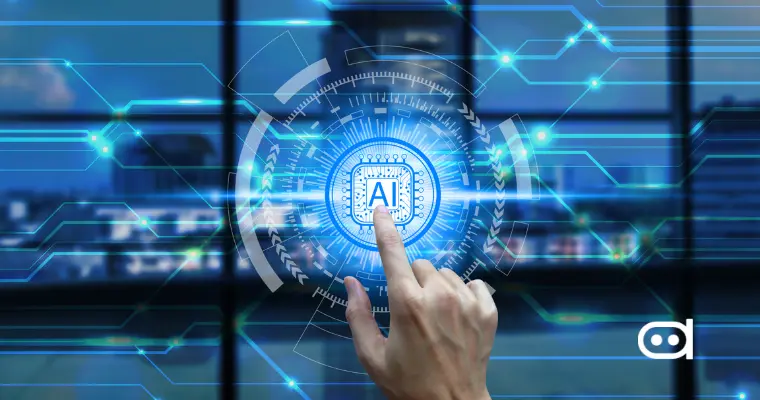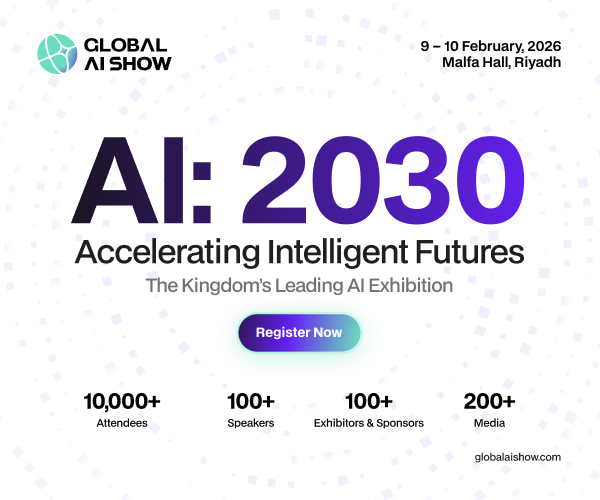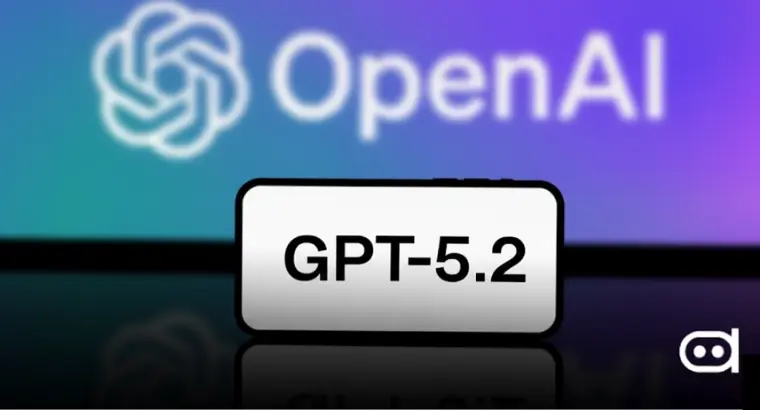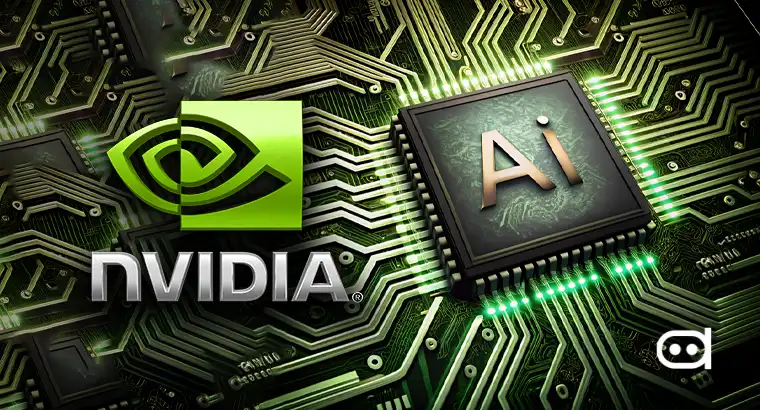
Artificial intelligence (AI) is revolutionizing the recruitment process by enabling organizations to automate their workflows and make data-driven decisions. As more organizations begin to employ AI recruitment tools, it is also essential for an organization to understand the benefits and challenges of using AI in recruitment before relying on it for talent acquisition strategies. This article underscores the role of AI in recruitment, as well as its benefits and drawbacks.
Understanding AI in Recruiting
AI in recruitment involves the utilization of artificial intelligence technologies to automate, augment, and improve any stage of the recruitment process. It entails the use of algorithms, data analysis, and machine learning to do tasks traditionally performed by human recruiters. Some of the examples include:
- Resume Screening: AI tools can quickly analyze a massive volume of resumes and sift through them to filter out applicants that meet the criteria.
- Candidate Matching: Advanced algorithms match applicants with the job description based on the requisite skills, experience, and qualifications.
- Interview Scheduling: AI chatbots and scheduling tools can manage interview appointments that save time for both recruiters and applicants.
AI is invaluable in any modern recruitment strategy, and there are several AI recruitment tools available in the market today. Some of the best ones include Entelo, Manatal, and Workable, among others. Each platform has advantages and disadvantages, as well as unique features, that businesses should consider before deciding on one.
Pros of Using AI in Recruitment
Businesses can capitalize on several benefits of AI in recruitment and guarantee that the technology is optimized for their needs.
Efficiency and Time-Saving
AI automates several repetitive tasks, such as screening resumes and scheduling interviews, saving a considerable amount of time. This leaves recruiters with plenty of time for undertaking strategic activities, building relationships with their candidates, and refining hiring strategies. For instance, AI recruitment tools reduce the usual weeks-long recruitment cycles to just a few days.
Improved Candidate Matching
AI tools specialize in analyzing a candidate’s profile and then matching it with the job requirements. Machine learning algorithms empower these intelligent machines, enabling them to identify skills and uncover previously overlooked high-potential candidates for recruitment. In addition to that, AI tools can even analyze job descriptions and suggest ways to improve them to attract the best talent. A job posting with refined language and focus can attract the right talent.
Cost-Effectiveness
Automation of portions of the recruitment process reduces the need for massive HR teams and helps organizations save labor costs. Small and medium-sized businesses particularly benefit from AI-powered recruitment tools as they reduce administrative overheads, boost productivity, and free up resources for other important areas of employee development and retention. Cost-effectiveness further extends to reduced turnover rates, as AI improves candidate matching accuracy, which in turn reduces bad hire incidents.
Enhanced Candidate Experience
AI-powered chatbots and timely updates improve candidates’ experience by providing immediate responses and straightforward communication throughout the recruitment process. Such responsiveness can improve a company’s image as an employer of choice. Candidates who value openness and timely feedback welcome these AI tools as alternatives. AI can also recall the candidates’ preferences, personalize communication, and suggest an appropriate role. That level of personalization can leave a positive impression on new recruits, keeping them loyal to the company.
Data-Driven Decisions
AI recruitment tools indeed perform miracles and provide innovative insights into recruitment metrics and patterns. With the help of these insights, recruiters can optimize their strategy while making decisions and creating solutions for bottlenecks in the hiring process. AI can highlight effective sourcing channels, dropout ratios for candidates at each stage, and recommendations for tweaking the overall process for better efficiency. Data-driven approaches help make consistency possible across organizational hiring practices. With objective insights, recruiters can make much fairer and more informed decisions.
Cons of Using AI in Recruitment
There are also some disadvantages of AI in recruitment. Businesses should keep these in mind when employing such a platform.
Potential Bias
Even though AI is intended to eradicate biases, badly programmed algorithms can end up propagating existing biases in training data. For example, if historical hiring data holds biases against a certain demographic, the AI systems built on that data may replicate those biases. Regular auditing and updating of the AI systems is necessary to eliminate potential biases. Algorithms can be designed through collaboration between technologists and HR professionals, ensuring AI plays a role in identifying and eliminating hiring biases.
Lack of Human Judgment
AI cannot provide or supplement the emotional intelligence and intuition that a human recruiter possesses. AI recruitment tools, while capable of data analysis, cannot interpret an individual’s core behavior, intrinsic motivation, or other distinguishing factors that could inform a hiring decision. For instance, a candidate’s zeal for the industry, or ability to be a cooperative team member, may not fall within the range of factors measurable by AI algorithms.
Privacy and Ethical Concerns
The use of AI in recruitment raises concerns about data privacy and ethics. Strict regulations must be followed when collecting and analyzing candidate data in order to ensure personnel confidentiality. Noncompliance with such laws can land the company in legal trouble and damage its reputation due to a violation of data protection laws such as GDPR or CCPA.
Ethics is also a matter of concern, as there is no clear specification for how AI makes decisions as a Black Box.
High Initial Costs
The implementation of AI-based recruitment tools in an organization requires a huge upfront investment in technology and training, which can be a barrier for some of the smaller organizations. Also, integrating the AI tools with the existing HR systems adds to the challenge. The financial impacts can be minimized by introducing flexible pricing models offered by cloud-based AI tools or adopting scalable solutions.
Resistance to Change
HR departments that are accustomed to traditional hiring processes may be resistant to incorporating AI into recruitment. Furthermore, employees may be skeptical of AI tools and worry about losing their jobs to automation. A change management strategy with adequate training will help overcome this resistance. AI should be viewed as an extension, not a replacement, of human skill. Involving HR practitioners in the deployment process will help to build long-term acceptability and confidence in AI recruiting tools.
Conclusion
AI recruitment tools offer benefits such as matching candidates and managing the hiring process from start to finish. On the other hand, challenges arise in bias, ethics, and skyrocketing investments. Organizations must analyze and decide for themselves the viability of adopting AI for effective and inclusive recruitment procedures.
The collaboration between AI recruiters and human recruiters will result in more balanced and well-informed decisions for end-to-end organizational success. The continuous evolution of AI will make it necessary to get a fair understanding of its applications and limitations for successful implementations.

